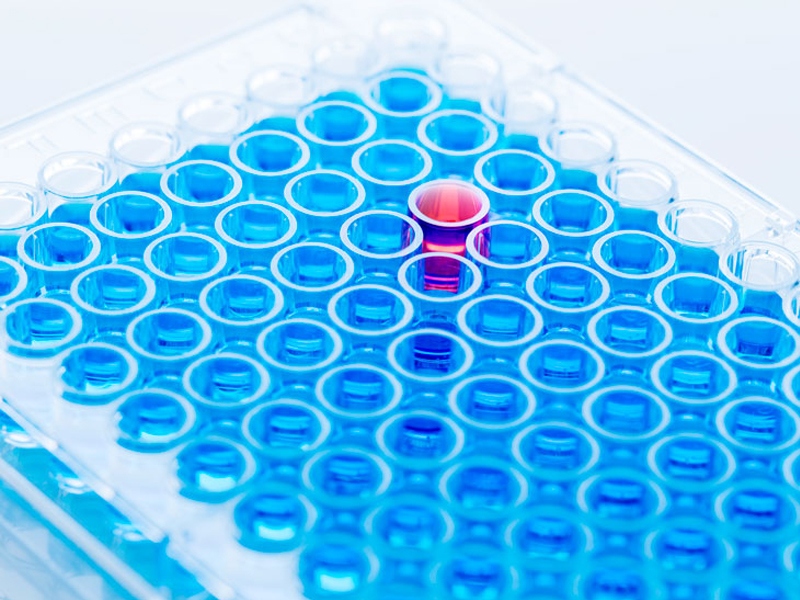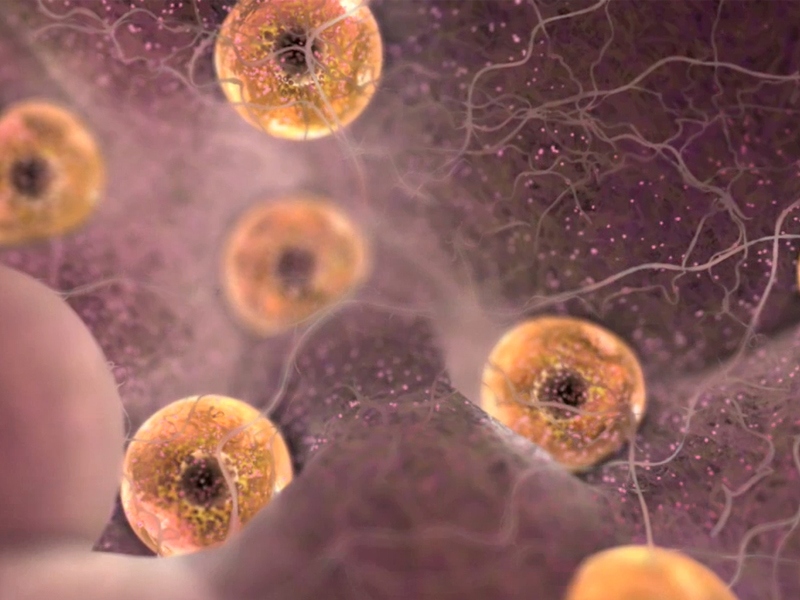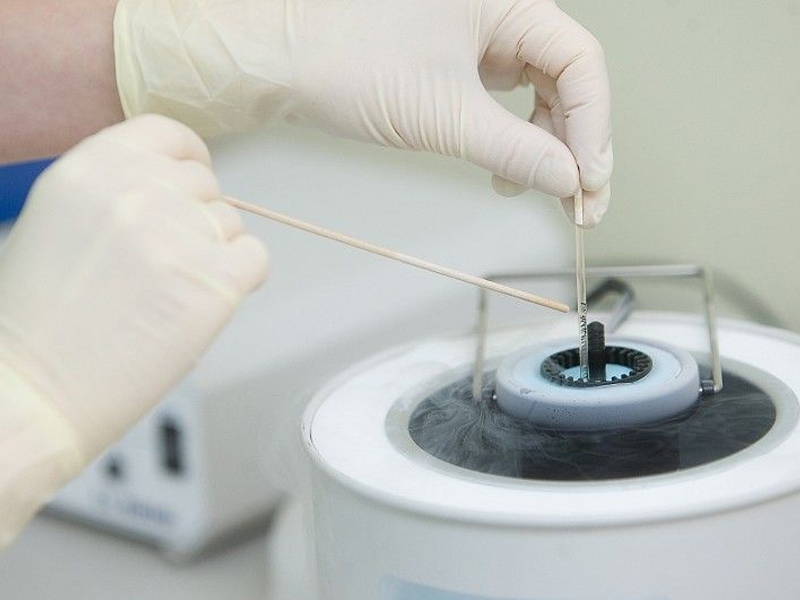Infertility. What does it mean? Why is it caused?

Generally, infertility means inability to get pregnant after a year of unprotected sex. Women who are over 35 or with irregular menstrual cycles, those who are able to get pregnant but can’t bear a child to term because of pregnancy loss (miscarriages) might be also viewed infertile and should consult fertility specialist.
Nowadays, infertility is a common problem. After a year of regular attempts to become pregnant nearly 15% of couples are still unable to conceive. In 40% of cases it happens because of the female factor. In another 40%, it’s caused with male reproductive problems. The rest of time, infertility is a result of tissue incompatibility also known as “unexplained infertility”.
Is infertility just female problem?
Conception depends not just on female but on male factors, too. The most frequent female fertility problems are absence or impassibility of fallopian tubes, various disorders of ovulation, ovarian pathologies, endometriosis. Childbirth is often impossible because of hormonal and genetic disorders, cysts and polyps in uterus.
Speaking about male infertility, it’s usually a result of spermatogenesis disorders. In other words, man’s sperm lacks the required amount of qualitative sperm cells. Few types of male infertility are distinguished: secretory (disorders of the testicles); obstructive (mechanic obstacles for sperm outlet), immunologic (the specific antibodies against sperm cells are produced) infertility.
How does age affect ability of spouses to become parents?
It’s necessary to point out, risk of infertility increases with age, especially in female cases. The significant female decrease of fertility is quite explainable. At the age of 30 amount of follicles is reduced nearly in 3 times. Besides, quality of mature eggs gets worse and worse with age. Bad quality of eggs might not just postpone pregnancy for long but cause miscarriages or child’s genetic disorders.
Age is not so important for male fertility. Men can become parents even at 55. But abuse of alcohol, smoking, unhealthy nutrition, sedentary life-style might result in pathological changes in male reproductive system in much earlier in young age.
How to define infertility?
If conception doesn’t happen during a year of unprotected sex, both spouses have to pass special check-ups and tests. Female examinations include the estimation of her ovaries, uterus and fallopian tubes, various hormonal tests, blood count for genitourinary and venereal infections. For males, the most important is spermogram. Fertility specialists examine amount, mobility and structure of sperm cells. If amount or quality is not enough, additional checkups to define the factors which influence spermatogenesis are required. Tests for biological and immunologic incompatibility of a couple are obligatory. Karyotyping is performed to exclude the possibility of child’s chromosomal anomalies.
What are kinds of infertility treatment?
Infertility might be successfully treated due to the various methods of ART.
During last 30 years IVF treatment (In-vitro Fertilization) has been one of the main kinds of infertility treatment. IVF procedure consists of few steps: ovarian stimulation, control of the follicles maturation, fertilization in a tube, transfer of the most qualitative embryos into the uterus and pregnancy test. These are common steps of IVF but peculiarities of each patient require the individual kind of treatment (special medications, protocol etc). Despite the effectiveness of IVF, still in 40% of cases spouses can’t overcome infertility.
To increase the successful rates of infertility treatment some other kinds of ART like ICSI, IUI, egg/sperm donation, surrogacy are used. To avoid the possibility of genetic diseases or for gender selection PGD and CGH are used. Both methods presuppose the examination of an embryo before its transfer to the uterus. Type of infertility treatment depends on the reason, duration of the infertility and the age of spouses.


